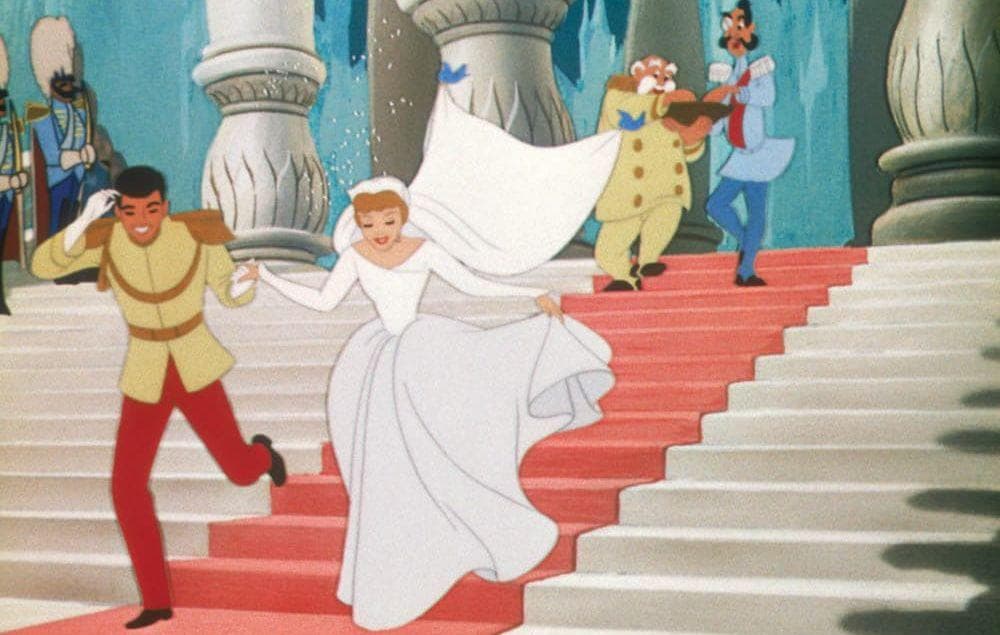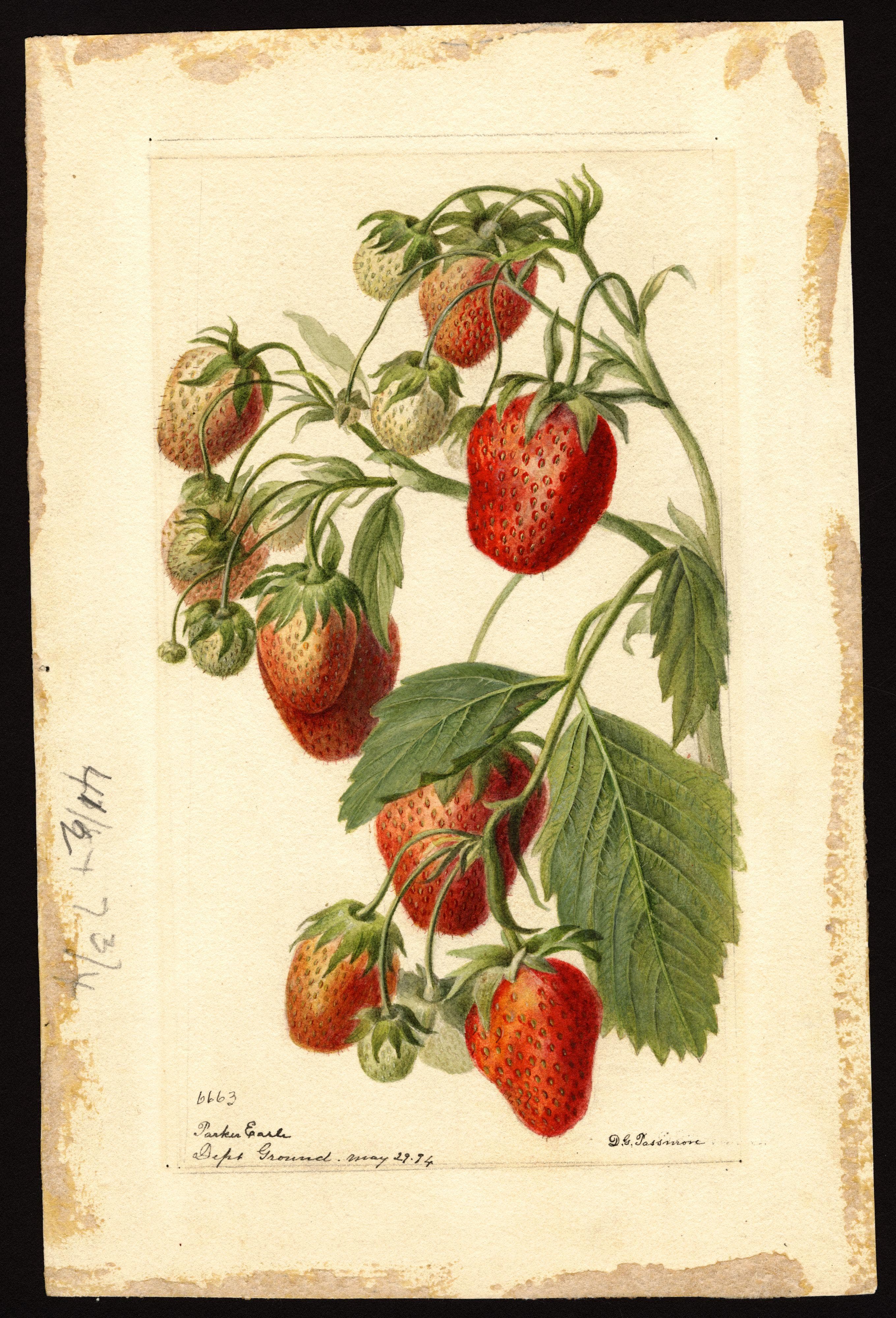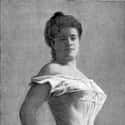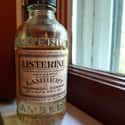-
(#5) Vinegar And Eggs Were The Cutting Edge Of Hair Care
Victorians were obsessed with hair, but modern shampoo was a distant notion at the time. Women often broke several eggs over their heads, worked them into their hair, and then washed the egg out with a pitcher of water. Vinegar diluted with water was another popular option.
In fact, many cooking-related items were popular pre-shampoo alternatives. Rosemary, black tea, and rum were all considered perfectly normal as hair-washing substances.
-
(#4) Books Instructed Them On How To Bathe Properly
As semi-regular bathing came into fashion, books were published that let Victorians know just what they could expect from a bath. One particular book offered various "Toilet Recipes" for curious, un-bathed Victorians. Much like the urban legend about swimming, people were advised against bathing within four hours of eating a large meal.
Victorians were also warned not to wash their faces when they traveled, unless they could purify the water with alcohol or ammonia beforehand. One of the more popular beauty regimens recommended a "Russian bath," which consisted of washing the face with extremely hot, then extremely cold water to help prevent wrinkles.
-
(#9) Long Skirts And Tight Corsets Were Blamed For The Spread Of Tuberculosis
In the Victorian era, women's clothing was blamed for tuberculosis and its spread. Doctors claimed that long skirts dragging in the street picked up the disease, causing women to unknowingly bring it into the home.
The tight corsets women were forced to wear were also thought responsible for tuberculosis, as corsets constricted the lungs. Higher skirts and looser corsets were implemented to help stop the spread of the disease.
-

(#3) They Had Indoor Toilets, But Not Indoor Plumbing
The first indoor toilets, or "water closets," were popular for their convenience, but since they predated indoor plumbing, waste often went directly into a large cesspool in the basement. While this seemed like an ideal alternative to outhouses or chamber pots, the cesspools eventually filled, and the smell often seeped into the house.
Thus arose the cottage industry of "night soil men," who emptied cesspools and sold the waste to farmers as fertilizer. Laws of the time stipulated that cesspools could only be emptied at night, as the task was "too disturbing" to undertake during the day.
-

(#10) Escort Work Was Outlawed To Prevent The Spread Of STDs
STDs were common in the Victorian era. Although considered socially unacceptable, escort work was a fairly common way for women to make a living in London's impoverished areas. Without easy access to contraceptives, these workers often transmitted STDs to their clients, who eventually transmitted them to their wives.
The spread of STDs eventually became a public health hazard and was addressed by the government. Women of the night could be detained and forcibly treated for STDs, though there were little to no consequences for their male clients.
-
(#12) They Used Listerine To Both Clean Their Floors And Cure STDs
While Listerine wasn't widely marketed until 1914, the mouthwash was invented by Dr. Jordan Lawrence and chemist-turned-entrepreneur Jordan Wheat Lambert in 1879. As Victorians slowly began to accept modern hygiene, Lambert initially experimented on marketing Listerine as a medical antiseptic. When his product failed to turn a profit, he began suggesting new and unusual uses for Listerine.
Listerine was marketed as a floor cleaner and a cure for both dandruff and gonorrhea before it was finally sold as a mouthwash. Gerald Barnes Lambert, the inventor's son, was responsible for this marketing decision and laying the foundation for the brand's century-long success.
New Random Displays Display All By Ranking
About This Tool
The Victorian era was a period of the great industrial revolution because the Victorian people invented a lot of new tools. Some of their views have been forgotten by humans in historical development, but some important daily cleaning habits have still become necessities in modern society. In our opinion, products such as toothpaste, toilet paper, and shampoo seem to be common things that have always existed.
In fact, many cleaning appliances and methods became popular in the Victorian era. Better houses not only have indoor plumbing systems, but some even have luxurious ceramic bathtubs with hot and cold faucets. The random tool introduced 12 details of hygiene in the Victorian era.
Our data comes from Ranker, If you want to participate in the ranking of items displayed on this page, please click here.














